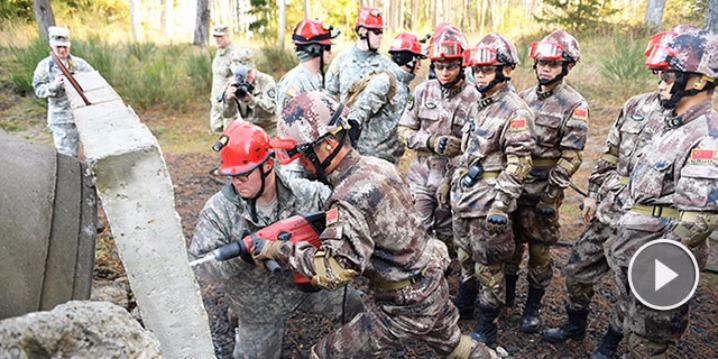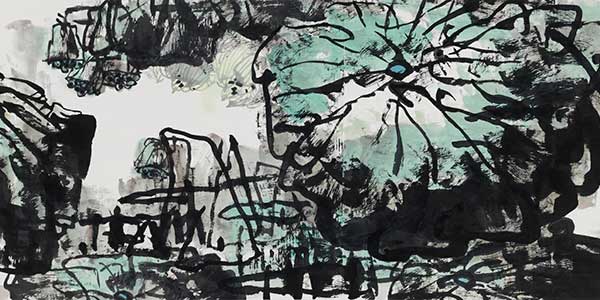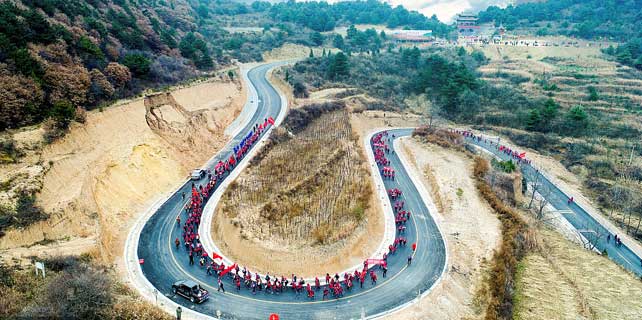Germany seeking way out of crisis
BERLIN - Germany's president was scheduled to lead a push from Tuesday to save the EU's top economy from the political turmoil sparked by the collapse of Chancellor Angela Merkel's coalition talks.
Frank-Walter Steinmeier, who takes center stage because he can call snap elections, was to use his diplomatic skills as former foreign minister to persuade parties to return to the negotiating table.
The head of state, who has spoken with Merkel already, plans to meet the Greens on Tuesday and the Social Democrats, or SPD, Wednesday, and also schedule talks with the Free Democrats, or FDP, to remind all sides of their responsibility toward the electorate.
"Germans are not natural fans of instability, minority governments or immediate repeat elections, to put it mildly," said Berenberg Bank chief economist Holger Schmieding.
After the shock failure of the monthlong coalition talks, "we now have to watch the reaction of the various parties and their political bases", he said.
Merkel, who has been in power for 12 years, now serves only as caretaker chancellor after she failed to win a clear majority in the Sept 24 elections, largely due to the rise of the far-right Alternative for Germany, or AfD, party.
Her problems were compounded when the second-placed SPD, after humiliating ballot box losses, refused to serve another term as her junior coalition partners and vowed to go into opposition.
Unprecedented situation
Steinmeier, the mainly ceremonial head of state, in a televised address implored all mainstream parties to rethink their positions and be mindful of their responsibility, including his own SPD.
Underlining the duty of lawmakers, Steinmeier said: "We have before us an unprecedented situation in the history of the Federal Republic of Germany, that is, in the last 70 years."
SPD chairman Martin Schulz was, however, quick to reiterate that the labor party was "not available to form a new grand coalition" with Merkel's conservatives, vastly complicating the picture.
Germany now faces weeks, if not months, of paralysis with a lame-duck government that is unlikely to take bold policy action at home or on the European stage.
Merkel said on Monday that she favors running in new elections, which likely wouldn't be held before February, to the shaky proposition of trying to govern with a parliamentary minority.
Afp - Xinhua - Ap









